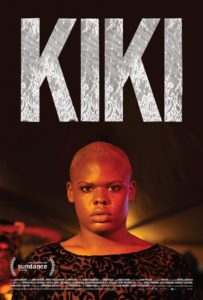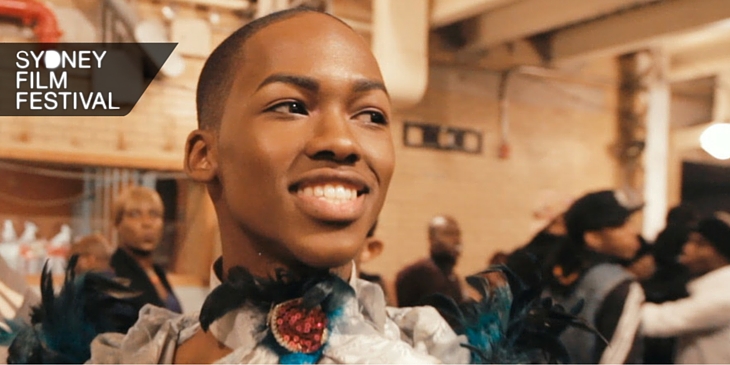 A modern look at the ballroom scene first chronicled by Paris Is Burning, yet the times and styles have definitely changed.
A modern look at the ballroom scene first chronicled by Paris Is Burning, yet the times and styles have definitely changed.
From the slick montage opening of KIKI, it’s evident that Swedish filmmaker Sara Jordenö is determined to make a point of difference to Jennie Livingston’s 1990 documentary, Paris Is Burning. Yet it’s a comparison that Jordenö invites in the early moments of its various vignettes, describing the history of New York’s ballroom scene through footage from the classic doco. The modern Kiki scene is a subset of that original ballroom, yet we can see how it has evolved over time as well. Prizes for the ‘realness’ categories are cash prizes, with corresponding trophies, instead of the function just being the primary outlet for the socially disenfranchised.
Where Paris Is Burning was a bubble around a moment in time, KIKI is more of a study of a handful of characters who live in New York. Jumping around from interview to interview, the viewer neither gets a sense of what the current culture is all about, nor is there line-through for any of the people featured. The one exception is a transgender subject Gia Marie Love, who we get to see before and after transition. More stories like this would have made this a strong parallel to the 1980s examination, where coming out as trans was much harder in New York City. Another focal point is youth activist (and credited co-writer) Twiggy who says, “There is so much left to fight for”. He’s absolutely right, although KIKI barely scrapes the surface of what they are fighting for, letting us know he goes to Washington as a representative, but never following through. Similarly, another subject goes overseas to compete for the first time, but there is no context or resolution to that thread. KIKI is a snapshot in time, but fails to achieve the legendary status of legacy it follows.
2016 | US | DIR: Jennie Livingston | WRITERS: Sara Jordenö, Twiggy Pucci Garçon | DISTRIBUTOR: Sydney Film Festival (AUS) | RUNNING TIME: 94 minutes | Rating: ★★★ (6/10)




